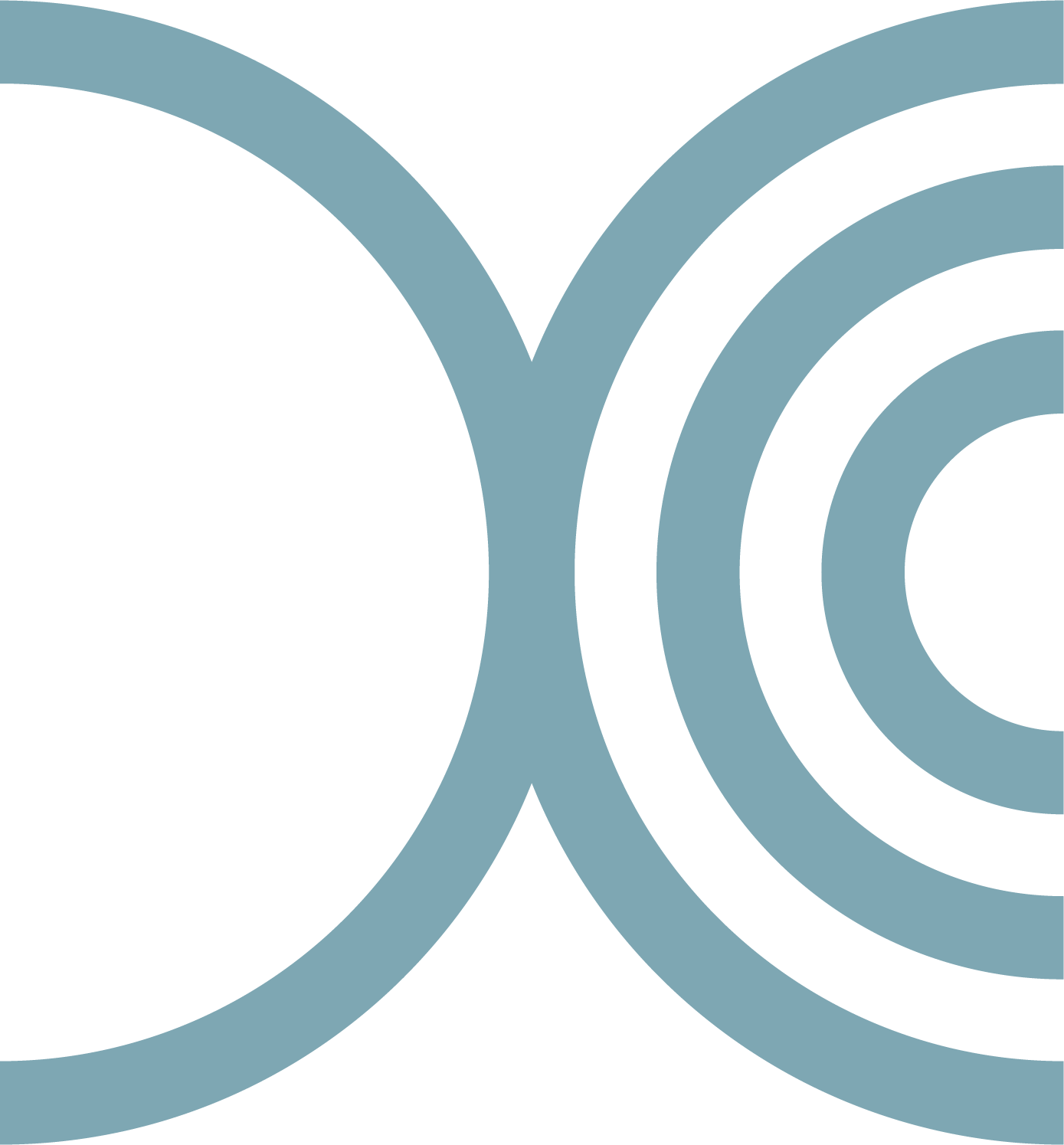
3 initiatives receive support from DCCC in the fourth application round in 2023. Photo: DCCC
19-12-2023
3 initiatives receive support from DCCC in the fourth application round in 2023. All 3 wish to prepare studies that can improve cancer treatment and life after cancer.
DCCC has granted funding to 3 initiatives in the last application round of 2023. These are 3 initiatives within the area of 'preparation of national and multidisciplinary investigator-initiated studies'. All initiatives meet the purpose of the fund by strengthening national collaboration across disciplines within cancer research and treatment.
A common goal of the 3 studies is to investigate how we can reduce the risk of complications and side effects from various types of treatments, thereby improving life during and after cancer treatment.
Read more about the 3 initiatives below, and remember that you can also apply for DCCC's fund. Not only if you want funds to prepare a national and multidisciplinary investigator-initiated study, but also for a variety of other purposes, including the establishment of networks, specific activities in existing networks, and dissemination of knowledge within the field of cancer.
Read more by clicking here - the next deadline to apply for the fund is February 1, 2024.
Can attention to oral hygiene before cancer surgery reduce the risk of complications?
In recent years, there has been an increasing focus on prehabilitation efforts prior to cancer surgery. This includes initiatives such as supporting patients in quitting smoking, and focusing on nutrition and physical activity before surgery, partly to reduce the risk of complications. However, research shows that the risk of complications like infection, sepsis, and pneumonia after surgery can also be reduced if there is a focus on systematic oral hygiene before the operation. This is because microorganisms live in our oral cavity, and these can be infectious and pathogenic.
The group behind the application wants to investigate the effect of a preoperative effort on improved oral hygiene for patients undergoing surgical treatment for colorectal and bladder cancer. They also wish to explore the factors influencing the adherence to oral hygiene principles and conduct an economic analysis of the intervention. DCCC finds the initiative relevant and generalizable. Moreover, it is assessed that the initiative highly focuses on collaboration across disciplines, the country, and between research and clinic. Therefore, DCCC supports the planning of a multicenter study, the development of a protocol for the economic analysis, and funds to hold a series of project meetings to ensure national anchoring of the initiative.
Read more about the initiative 'Effect of a preoperative oral hygiene intervention on postoperative infections after surgery for bladder- or colorectal cancer: a multi-center study' by clicking here.
Fewer side effects after treatment for advanced cervical cancer with proton radiation
Locally advanced cervical cancer is treated with a combination of external beam radiation and chemotherapy, followed by internal radiation therapy. This treatment can cause side effects, both acute and several years after a woman has received it. The side effects occur in healthy tissue also affected by the radiation. This can include side effects from the intestines (such as difficulty controlling bowel movements) or from bones (such as impacted immune system).
The group behind the application aims to investigate if replacing external X-ray beam therapy with proton beam therapy can minimize side effects in the treatment of locally advanced cervical cancer. Proton beams offer more precise targeting, potentially reducing the radiation dose to surrounding healthy tissue. This precision is expected to lead to fewer side effects and improved quality of life post-treatment. DCCC assesses this initiative as focusing on cross-country and interdisciplinary collaboration, integrating research and clinical practice. DCCC supports the preparation of a study by the Danish Gynecological Cancer Group (DGCG), to be developed across the three Danish centers treating cervical cancer. A national database will be established at the Danish Center for Particle Therapy in connection with this initiative.
Read more about the initiative 'Proton therapy for locally advanced cervical cancer in combination with concomitant chemotherapy and brachytherapy' by clicking here.
Life with Radiation Therapy: Quality of Life in Young Adults with Cancer
Every year, about 1500 young adults aged 18-39 receive a cancer diagnosis. The newly started DCCC NAYACareDK initiative aims to generate knowledge through research about the special needs of this group and to explore interventions that can improve their cancer journey. One third of these young adults are primarily treated with radiation therapy, which carries a risk of side effects and reduced quality of life. International research has not yet systematically uncovered age-specific symptoms and quality of life over time in a radiation therapy course. However, at the first national NAYACareDK research seminar, young patient representatives participated and shared their experiences of the treatment course. They noted that their needs significantly differ from those of older cancer patients. Therefore, the applicants wish to investigate, in a national, multidisciplinary collaboration among nine Danish radiation therapy centers:
-The applicability of the EORTC quality of life questionnaire for young adults with cancer to collect data on symptoms and quality of life
-The development of patient-reported symptoms and quality of life over time in young adults with cancer
DCCC supports the initiative as the application has a high degree of focus on cross-country and interdisciplinary collaboration, a good integration of research and clinic, and a high professional benefit. It is also assessed that the initiative is generalizable and relevant, and funds are provided for the applicants to hold monthly national project group meetings from January to May 2024 for planning and protocol development, database creation, collaboration agreements, and planning of clinical workflows in preparation for the study.
Read more about the initiative 'Life with Beams: Quality of Life in AYA Radiotherapy Patients' by clicking here.
